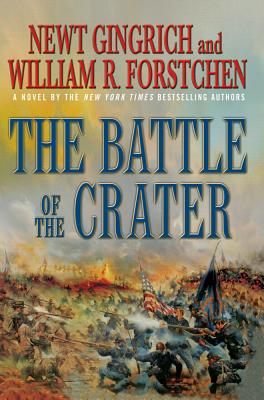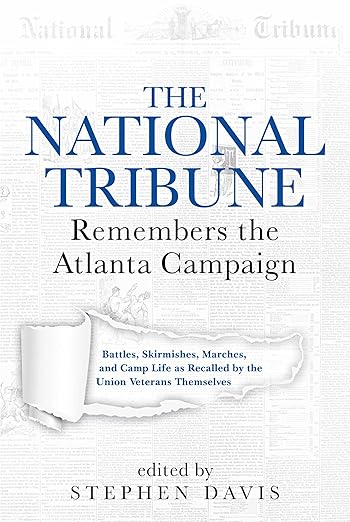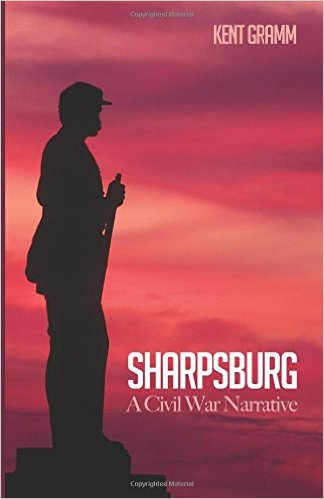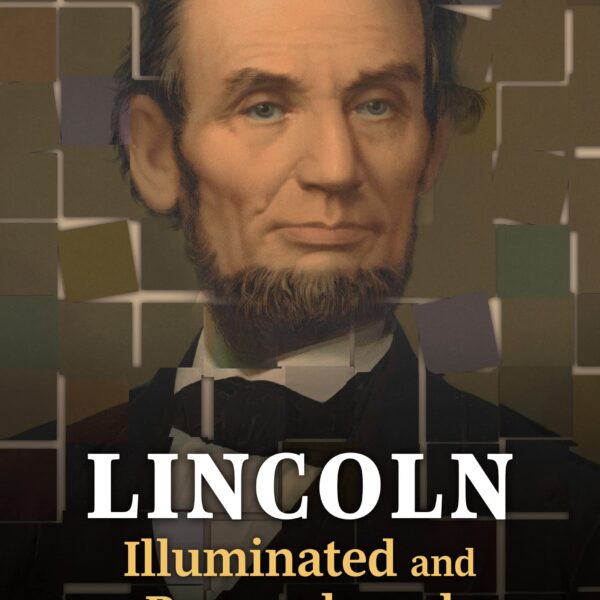In the fall of 1862, as Confederate forces surged into Kentucky, white residents of Cincinnati dragooned the city’s black inhabitants into defending the city. This forced labor rankled many, who saw no reason to work on behalf of those who otherwise disdained them. Indeed, one man fled the city rather than take part in this endeavor. “I am not patriot enough,” he noted, “to fight or dig trenches for ‘the Union as it was,’ ‘the Constitution as it is,’ and the negroes as they are’” (47). In his words and his actions, this unnamed individual articulated concerns shared by a sizeable contingent of the Northern states’ black inhabitants. Long denied both citizenship and full participation in American society, these men looked askance at the prospect of fighting for the United States unless doing so would materially change their place in the nation. In this compelling study of African Americans’ debates over the merits of military service, Brian Taylor shows that black men and women above all else sought to make their Civil War service count. Drawing on long memories of unrewarded service and strategically weighing the opportunities provided by ebbs and flows in both the fortunes of war and Federal policies, black Northerners worked to convert bearing arms into full citizenship in the (re) United States.
Though African Americans had fought in virtually every American conflict prior to the Civil War, they and their descendants recognized that these contributions had translated into relatively few concrete social and political gains. As a result, many black Northerners approached the Civil War with an abiding skepticism, a stance the United States government’s equivocations on slavery and black citizenship only reinforced. As the war unfolded, black inhabitants of the wartime North developed what Taylor calls a “politics of service;” while all realized the transformative potential inherent in military service, long experience showed that African Americans’ mere presence in the military guaranteed nothing. Until the U.S. government offered explicit promises of change, a significant number of black northerners determined not to risk their lives on its behalf.
For the first two years of the war, this stance was largely academic. But a series of decisions, from the repeal of the Militia Act of 1792 (which had banned black service in the militia) to a ruling by Attorney General Edward Bates in favor of citizenship to (ultimately) the issuance of the Emancipation Proclamation, slowly softened African Americans’ position against military service. With change evidently at hand, Taylor argues, many—if not most—African Americans embraced military service as the best means available for pressing their advantage. They did so in spite of ominous signs: Union policies restricting black soldiers’ promotion, the ambiguous status of African American prisoners of war, and inequalities in the pay black troops received. Against these obstacles, African Americans proclaimed their service and sacrifice, with those remaining at home additionally claiming civic and social rights on the basis of the husbands’, sons’ and neighbors’ actions.
The war’s ultimate results were decidedly mixed. The end of slavery in the United States, the advent of birthright citizenship, the passage of the Reconstruction amendments, and a host of local changes unquestionably stemmed from African Americans’ service. And yet the thoroughgoing citizenship they had demanded remained elusive. Always a nebulous concept, the narrowly-written 14th and 15th Amendments left considerable loopholes through which state and local governments (long the functional arbiters of citizens’ status) could squeeze in continuing to exclude people of African descent from true belonging in the nation. The full citizenship and complete legal equality African Americans had claimed through their service foundered on the shoals of localism and recalcitrance, but their sacrifices had enabled what changes did take place to occur and provided a lasting, damning contrast for a nation that failed to live up to its ideals.
In this slim, well-researched volume, Brian Taylor gives nuance to a debate that is all too often limited to an invocation of the famous “Men of Color! To Arms!” poster and Frederick Douglass’s suggestion that citizenship would surely follow African Americans’ donning of the Union blue. Through a careful review of contemporary periodicals and the correspondence of African American leaders, Taylor clearly articulates the terms of the debate in which black Northerners engaged during the war years—and beyond. He effectively traces their evolution, and offers a useful discussion of the contentious ideas of citizenship and equality in nineteenth-century America. In doing so, he offers a useful account for anyone seeking to understand the transformative effects of the Civil War—and the ultimate limits of its reach.
Robert Colby is an historian of slavery and emancipation whose research explores the domestic slave trade during the Civil War. His dissertation won the Allan Nevins Prize from the Society of American Historians, as well as the Anne J. Bailey Dissertation Prize from the Society of Civil War Historians. He is a postdoctoral fellow at the Center for American Studies at Christopher Newport University.
Related topics: African Americans





